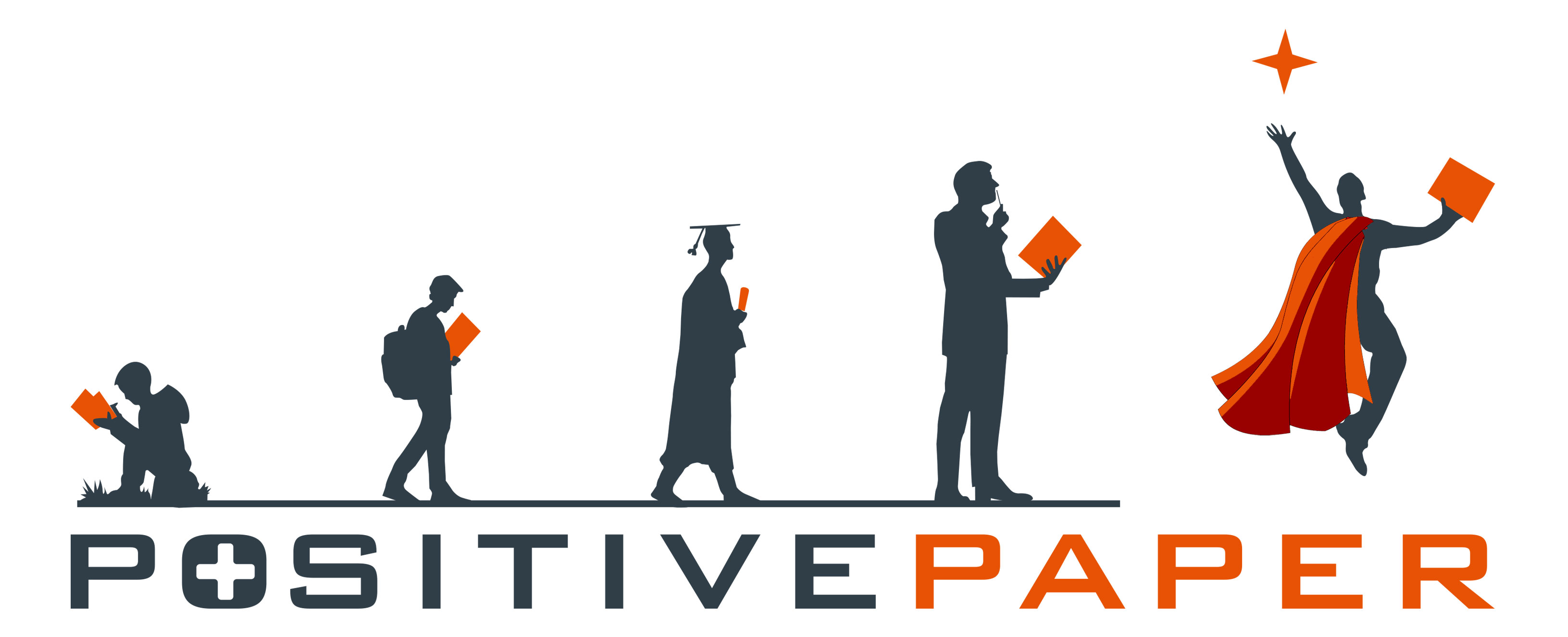You’re reading The Marvellous Benefits of Mindfulness, originally posted on Pick the Brain | Motivation and Self Improvement. If you’re enjoying this, please visit our site for more inspirational articles.


Over the last thirty years, mindfulness has become a popular part of medicine and psychology. However, mindfulness has been around for much longer and has its roots in Buddhism. It has come a long way from the remote corners of the world to being a wide spread practice today that is gaining in popularity every year. Mindfulness is the practice of zoning in on oneself in order to become aware of being self-aware.
It is the clear realization of what you are doing in the current moment without any objective or judgment based on the thoughts that traverse your mind at the time. It is simply a lucid awareness of what your mind and body are doing in the present moment that enables you to gauge the effects on your body caused by the current neural and physical conditions. Once you have developed an understanding of the resulting impact on your body you can devise remedial actions to counter any negative effects.
Mindfulness has proven valuable in almost all forms of human activity where stress and other neural conditions have a negative affect on life and can also be beneficial to treating some physical conditions to ease pain and bodily discomfort. Mindfulness is particularly being used within the workforce and has been adopted by many high profile global companies to counter and prevent the mental injuries of stress and anxiety of their employees.
It is particularly useful under distressing situations when self-control is critical to the success of an operation or activity. The practice of mindfulness in a distressing situation allows the person to dislodge themselves mentally from the thoughts and stresses related to the situation and review their mental state from a higher plane; kind of like looking down on oneself from outside the body. A good way to start is to focus on your breathing when you first sit down to work. Use the first five to ten minutes of your day to calmly control your breathing and clear out your head; create a clean mental slate.
It is easy to get caught up in many work activities and most people naturally become embroiled in multi-tasking. Some people believe that multi-tasking is a skill that strong employees should exhibit, however, the truth is that multi-tasking is inefficient and increases stress levels.
Multi-tasking also increases the risk of errors, which in turn heightens stress when having to set about rectifying the errors, usually to a deadline. This is why mindfulness preaches focusing on just a single task at one time.
Learn to prioritize your workload and concentrate on accomplishing one task at time. If an urgent issue arises which requires your attention, drop your current task and move onto solving the urgent issue first; don’t try to manage both.
Your mind will be lighter and will not have to shift frantically from one topic to another.
Be aware of what you are doing and your surrounding and focus on your breathing. Try to do things in a slower pace when possible and concentrate on your posture.
Focus on the now and don’t consider the future. This means focusing on the job at hand and not worrying about future tasks. Again, this alleviates your mind of stress because it removes excess thoughts that can slow down your efficiency and also cause anxiety.
Creating a daily schedule that allows ample time to complete each daily task is key here. Companies are constantly demanding more for less and the pressure on employees to deliver more is growing, however, you are in control of what you do and should plan your day in a manner to avoid high levels of stress, which in turn will decrease your productivity when it settles in.
Create expectations with your boss, which are reasonable and provide them with justification to support your schedule.
When to practice mindfulness?
Practice mindfulness whenever you have five to ten minutes free and if you have a busy daily schedule create time for yourself. It can be in bed before getting up. Lie there for five minutes and clear your thoughts and focus on your breathing.
Be aware of being awake and close your eyes. Feel your body lying on the bed and how the bed feels on your body.
You can also practice mindfulness while in your car at a red light for a minute. Breathing is key and basis for effective mindfulness. Mindfulness can also be used while eating. Eat slowly and taste your food. Be aware of each gulp. You’ll also digest the food better and eat less.
Try to practice mindfulness daily. Detach yourself from the stresses of heavy thoughts that weigh down your mind and buzz through your body by zoning out of the river of raging thoughts and becoming self aware of how these thoughts are affecting your mind. Remember to breath slowly when reflecting and go about things calmly. Mindfulness takes practice and you’ll improve over time, but it will definitely make your life easier and give you a sense of control and inner peace.
You’ve read The Marvellous Benefits of Mindfulness, originally posted on Pick the Brain | Motivation and Self Improvement. If you’ve enjoyed this, please visit our site for more inspirational articles.
Source: http://www.pickthebrain.com/blog/



